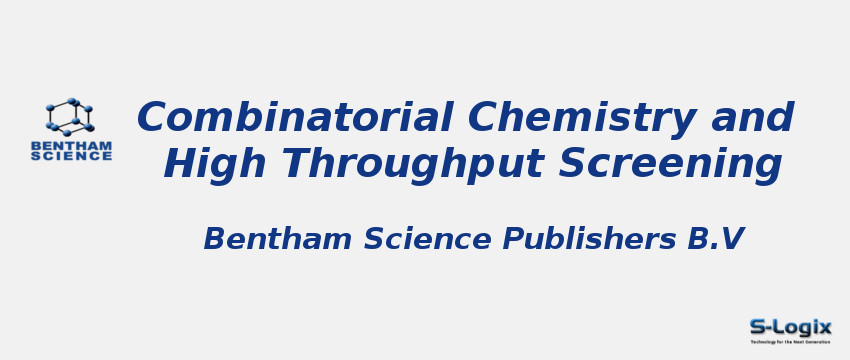Journal Home: Journal Homepage
Editor-in-Chief: Gerald H. Lushington
Print ISSN: 13862073
Electronic ISSN: 18755402
Abstracting and Indexing: Scopus, SCIE
Imapct Factor 2024: 1.7
Subject Area and Category: Chemistry, Organic Chemistry, Computer Science, Computer Science Applications, Medicine, Medicine (miscellaneous), Pharmacology, Toxicology and Pharmaceutics, Drug Discovery
Publication Frequency:
H Index: 73
Q1:
Q2:
Q3: Computer Science Applications
Q4:
Cite Score: 3.5
SNIP: 0.381
Journal Rank(SJR): 0.361
Guidelines for Authors: Combinatorial Chemistry and High Throughput Screening Author Guidelines
Paper Submissions: Paper Submissions in Combinatorial Chemistry and High Throughput Screening
Publisher: Bentham Science Publishers B.V.
Country: United Arab Emirates
